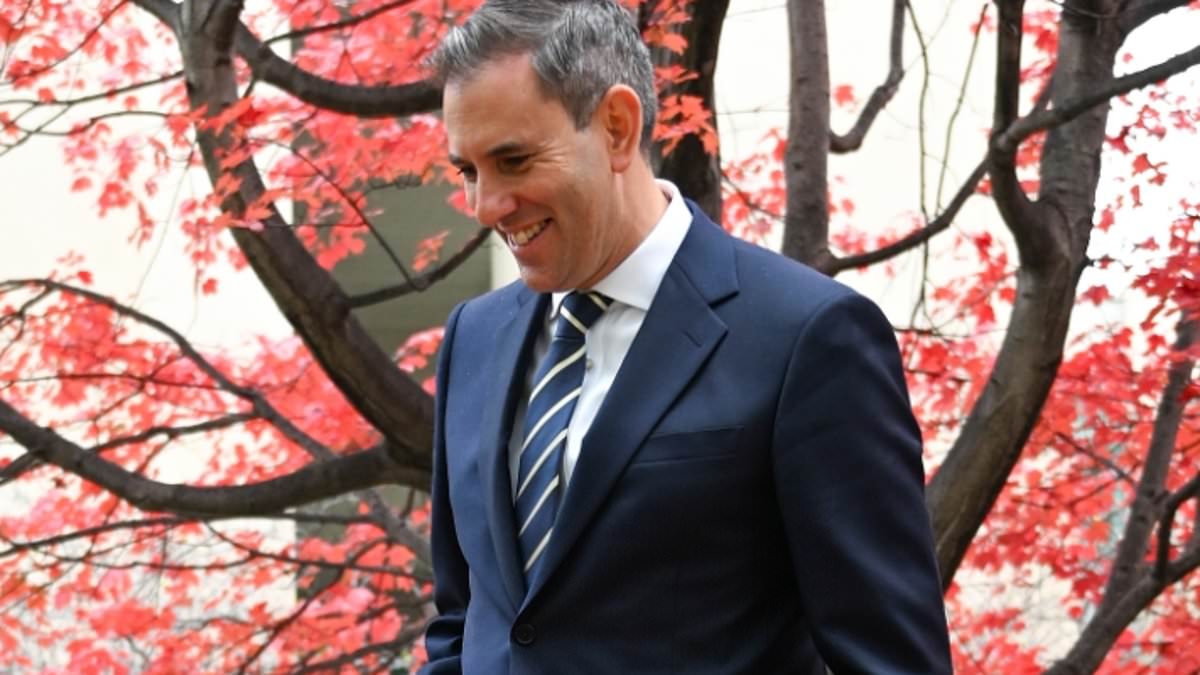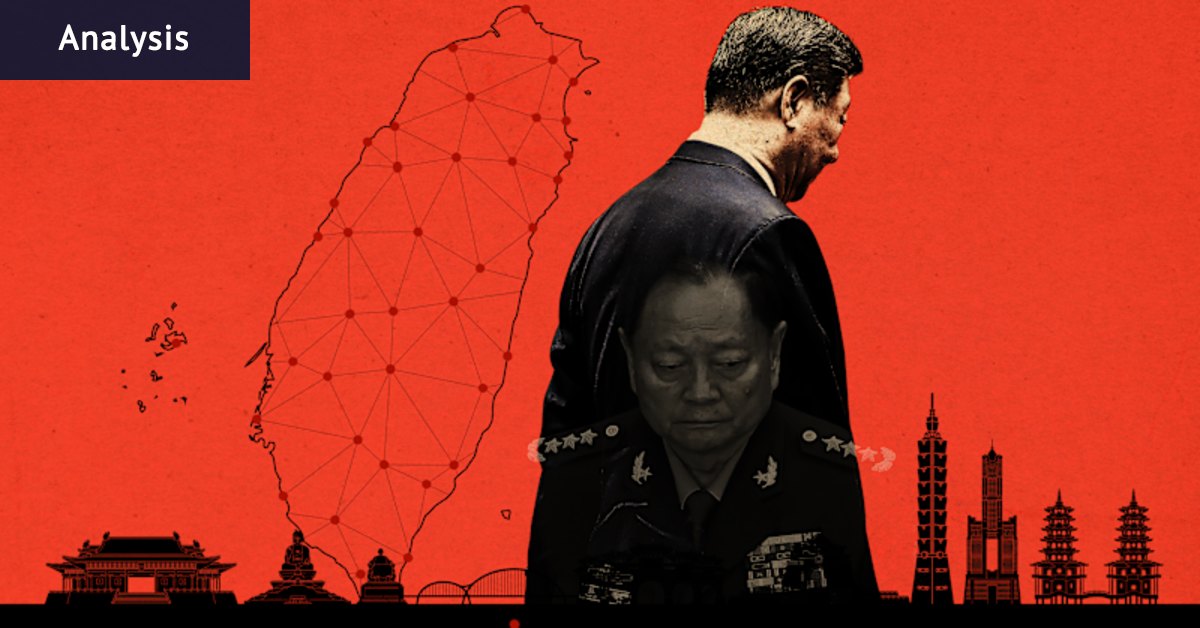
Sitting on the shelves of one of Kenya’s oldest libraries is a treasure trove of untapped financial opportunity — books. The McMillan Memorial Library, a literary hub in Nairobi’s central business district for over 90 years, is emblematic of the potential within Africa’s publishing industry. According to a 2025 UN Educational, Scientific and Cultural Organization (UNESCO) report, Africa’s publishing sector could expand to $18.5 billion in the coming years if strategic policies and investments are implemented. Currently, as of 2023, the industry generates only $7 billion, a mere 5.4% of the global book market valued at $129 billion.
The UNESCO report identifies weak policies, a lack of tax incentives, and a heavy reliance on imported books as significant barriers to growth. It advocates for the creation of national book policies to promote literacy, regulate book circulation, and provide financial incentives for industry stakeholders. “Today, you see that most of the names of authors of literature in Africa are more known outside the continent than inside the continent. They’re known in their country, but they’re not circulating between the other countries, and that’s an issue,” said Ernesto Ottone Ramírez, assistant director-general for culture at UNESCO, in an interview with CNN.
Revitalizing Public Libraries
Ramírez emphasized that Africa’s book industry is “booming with untapped potential,” which could be harnessed if countries adopt UNESCO’s recommendations. Key among these is the role of public libraries. The report highlights the need to strengthen library frameworks, especially in rural areas, by establishing “clear principles for governance and funding” that support the entire book ecosystem.
Jacob Ananda, assistant director at Nairobi City County Libraries, stressed the importance of introducing children to libraries and reading early on, so it becomes part of their lifestyle. However, he noted that achieving this requires “policies on restoring, restocking, and preserving the libraries.” The McMillan Memorial Library, for instance, is undergoing restoration to enhance its facilities and provide digital access to reading materials, supported by the non-profit Book Bunk and local government funding. “We are looking forward to being among the state-of-the-art libraries and being able to meet the users’ needs,” Ananda remarked.
Digital Integration and Youth Engagement
With at least 70% of sub-Saharan Africa’s population under the age of 30, the continent is home to the world’s youngest demographic. Publishers and distributors are keen to engage this tech-savvy generation by leveraging Africa’s burgeoning festival circuit and embracing digital integration. The UNESCO report notes that approximately 270 literary festivals and book fairs occur annually across the continent, many focusing on children’s literature. Additionally, a growing number of publishers and distributors are exploring e-book and audiobook production, with notable examples including African Storybook in South Africa, AkooBooks in Ghana, and eKitabu in Kenya.
Ramírez highlighted the new generation of creators who are eager to shape the future with narratives that reflect their own experiences. “The new generation of creators today, they’re looking at how to go to the future with something that belongs to them, and nobody will tell them how to tell this (Africa’s) story,” he said.
Preserving Cultural Diversity
One significant way to preserve Africa’s rich cultural heritage is by telling its stories in native languages and translating them into the continent’s 2,000 languages. Ramírez pointed out that 90% of the content UNESCO receives from partner organizations is in English, but he believes artificial intelligence could facilitate translations into various local dialects, making literature more accessible to diverse communities. However, he cautioned that AI must be managed carefully. “Africa is the continent where you have less legislation on those issues (of artificial intelligence),” Ramírez noted, suggesting that this presents an opportunity for countries to create their own safeguards to regulate platforms, protect copyrights, and ensure creators benefit from their work.
The UNESCO report is part of a broader initiative to map out Africa’s creative economies, which Ramírez argues is crucial for unlocking the continent’s economic potential. “The only way to have social cohesion at the country level between all the diversity of communities is to have culture at the center of sustainable development,” he concluded.





